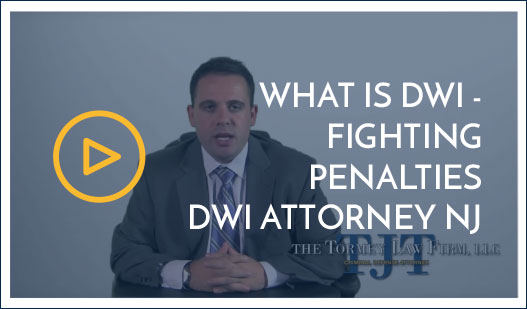New York Law vs. New Jersey Law: From a New York Lawyer
By Travis Tormey posted in Assault and Threat Crimes on Wednesday, April 24, 2013
In this blog post, Adam Rosenblum, a colleague of mine, offers some helpful information. Mr. Rosenblum is a licensed and practicing New York attorney. Here, he gives us a comparison of certain New York and New Jersey laws.
What Happens If A New Jersey Resident Is Charged With A Crime Or Traffic Violation In New York?
For New Jersey residents visiting New York is pretty common. Just hop in the car or take the bus or train and you will find yourself in New York City in a couple of minutes. Many New Jersey residents make the commute to New York daily for work and school with many others heading to the Big Apple for a quick weekend getaway. It’s always a good idea to know the laws of the state you are traveling in because in many cases even simple things may be different then how it is back home.
For example, New Jersey generally allows for vehicles to take a right turn at a red light unless a sign is posted stating otherwise. In New York the general rule is that you are not allowed to turn right on red. Knowing this one simple law can help you avoid a ticket while driving around in New York. If you are a resident of New Jersey and you plan on traveling to New York in the near future this article can provide some very insightful information about the law and New York.
What Are My Rights If I Am Being Arrested Or Charged With A Crime In New York?
First you should remember that any state that you travel in you will be subject to the rules and regulations of that state. If you find yourself being charged with a crime and put under arrest then your first course of action is to exercise your right to remain silent. Other than identifying who you are to the police, you are not required to incriminate yourself or make any statements that may incriminate you. Remember that this is a right that you have back by the Constitution and no one can infringe on that right no matter how hard they press you for information.
Also remember not to discuss your case with anyone, including people you may find yourself behind bars with. Your next step should be to contact an experienced criminal defense attorney to give you legal advice and represent you in every situation regarding the matter. Exercise your right to have an attorney represent you. If you cannot afford one then you will be provided a public defender.
What Is The Difference Between A Violation, Misdemeanor And Felony In New York?
Crimes in New York State are classified into 3 separate levels or categories, violations, misdemeanors and felonies. The categories are based on the seriousness of the crime which in turn also relates to the penalties and fines associated with the crime.
A violation is the lowest classification and is not considered a crime. A jail sentence may be imposed in some violation cases but they usually cannot exceed fifteen days. Violations will not result in a permanent criminal record and are often disposed of by paying a fine. Examples of violations in New York include speeding tickets, trespassing, unlawful posting of advertisements, loitering, public intoxication, and low levels of marijuana possession. Note that points can transfer for violations in New York back to New Jersey so it is important that you fight any pending charges that you may have in New York.
The next higher classification is a misdemeanor crime. Misdemeanors are more serious than a violation but not as serious as a felony. The maximum sentence that can be imposed with a misdemeanor crime in New York is 1 year in jail. Some examples of misdemeanors in New York include: reckless driving, simple assault, public intoxication, simple drug possession, petty theft and driving on a suspended license. Misdemeanors are still considered crimes and will result in a permanent criminal record.
The most serious classification of offenses in New York are categorized as felonies. They impose sentences over 1 year to life in state prison. New York does not have a death penalty for felonies. Some examples of felonies include rape, burglary, arson, murder, grand larceny (theft) and kidnapping.
Should I Contact An Attorney If I Am Charged With A Crime Or Traffic Violation In NY?
Remember, there is no way to expunge a criminal record in New York; it is with you for life. A licensed New York attorney can help counsel you about the charges that you are facing whether it’s a simple violation or a serious felony. A lawyer will fight for you and advocate on your behalf. They work to make sure that you come out with the best possible outcome in your situation . An experienced criminal defense attorney will work to have the charges brought down to the lowest level possible and in some cases dismissed all together. So make sure you make the right decision in hiring counsel who can best represent your interests.
Author Bio
Adam H. Rosenblum of The Rosenblum Law Firm is a licensed attorney practicing in New York and New Jersey; his websites are www.rosenblumlawfirm.com and www.ticketdefenselaw.com .
Tags: NJ Criminal Defense Attorney, NY Traffic Defense Laws


